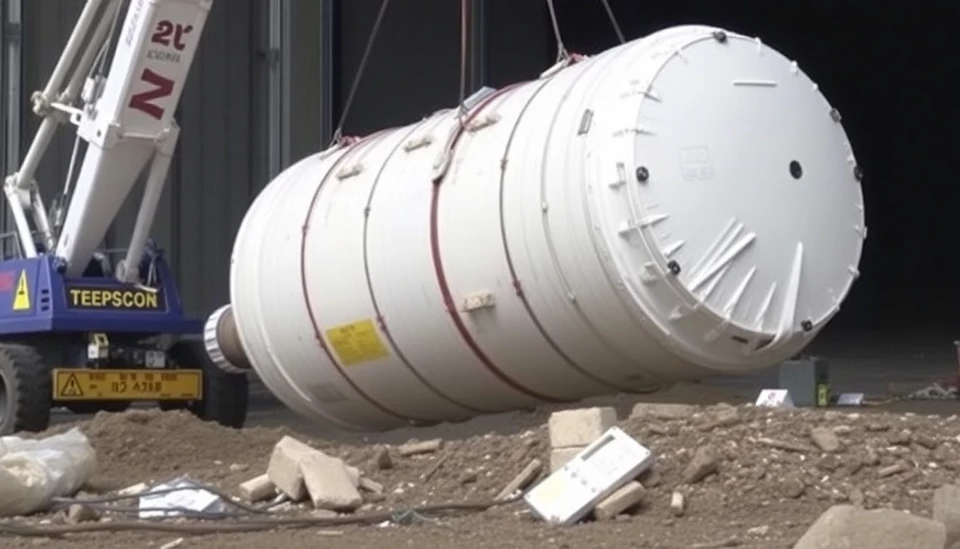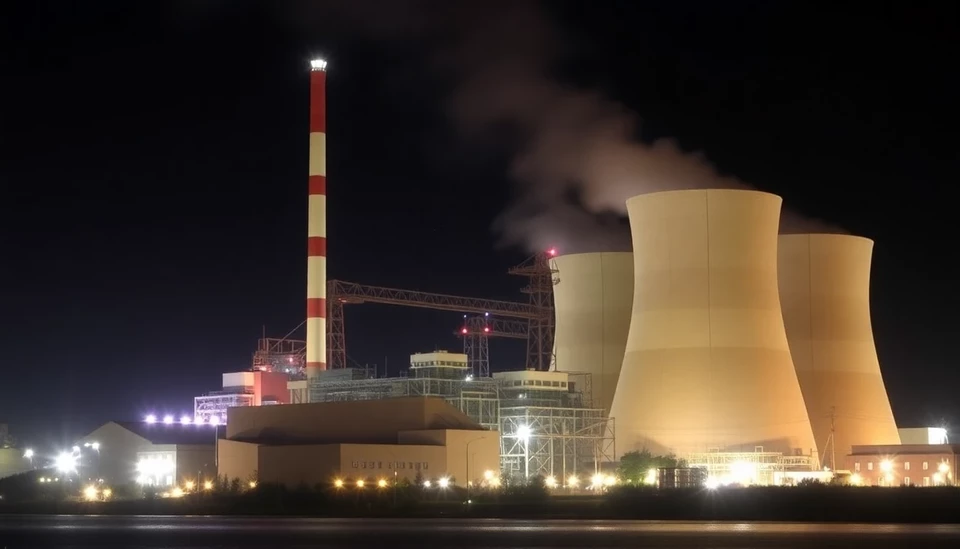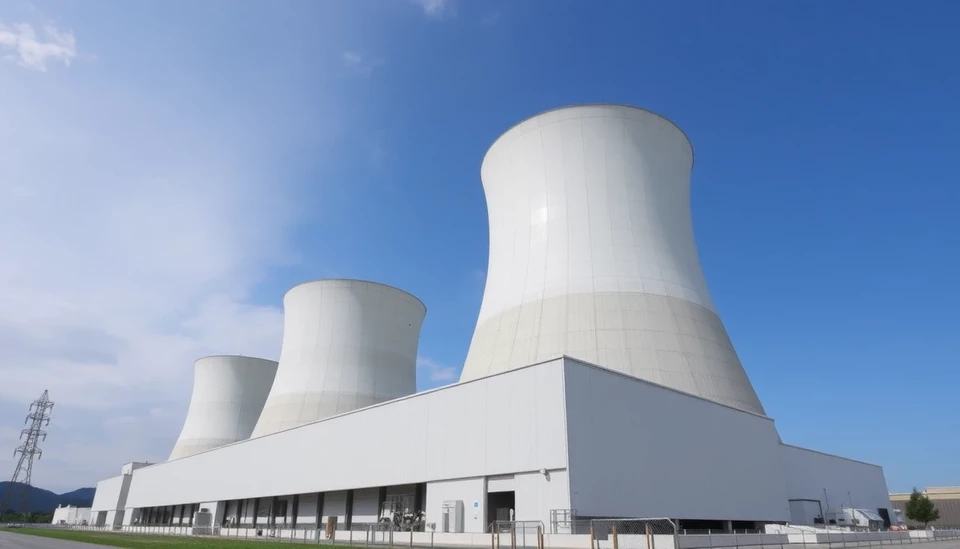
In a significant advancement for the long-term recovery efforts from the Fukushima Daiichi nuclear disaster, Tokyo Electric Power Company Holdings Inc. (TEPCO) has successfully begun the process of removing nuclear fuel debris from the troubled site. This operation marks a crucial step in the ongoing remediation of one of the world’s most challenging nuclear disasters, which occurred in March 2011 following a devastating earthquake and tsunami.
The removal of the debris comes more than a decade after the catastrophic events led to the meltdown of three reactors at Fukushima. TEPCO has faced numerous obstacles in decommissioning the plant, which has become a symbol of the dangers associated with nuclear energy. The company's latest operation commenced on November 7, 2024, and is expected to continue for several months as part of a broader effort to stabilize the site and minimize the risks posed by the radioactive materials.
Officials from TEPCO disclosed that the initial phase of the removal process will focus on a highly radioactive fuel debris section from Reactor No. 2. This area was identified as one of the most critical sites for contamination risk. Previous attempts to access and extract fuel debris have been hampered by harsh radiation levels, technological challenges, and logistical barriers, making yesterday's success a pivotal moment in the site’s decommissioning timeline.
The operation required state-of-the-art equipment designed to safely navigate the reactor building and remove the hazardous materials without further elevating radiation levels in the vicinity. TEPCO’s efforts also involve close collaboration with various government agencies, as well as regulatory bodies ensuring that safety protocols are stringently followed throughout the process.
As the operation progresses, analysts and experts will be closely monitoring the impacts on both the local environment and public health. The successful extraction of the debris not only plays a vital role in ensuring safety for the surrounding communities but also serves as a potential model for future decommissioning projects in similar scenarios across the globe.
The Fukushima disaster had far-reaching consequences, not just for Japan but for global nuclear policy, with many nations reevaluating their reliance on nuclear energy. This recent development gives hope to those advocating for the responsible management of nuclear waste and emphasizes the importance of robust disaster preparedness measures in mitigating future risks.
Moving forward, TEPCO aims to continue its aggressive remediation efforts, with plans for further inspections and evaluations of the remaining debris within the reactors. Continuous updates on the operation are expected, as TEPCO seeks to rebuild public trust and transparency regarding the safety of the site and the future of nuclear energy in Japan.
As the world watches, this moment stands as a testament to the long journey of recovery and the technological innovations propelling us towards a safer and more secure energy future.
#TEPCO #Fukushima #NuclearEnergy #NuclearSafety #Decommissioning #Japan #EnvironmentalRecovery #EnergyPolicy
Author: John Harris

